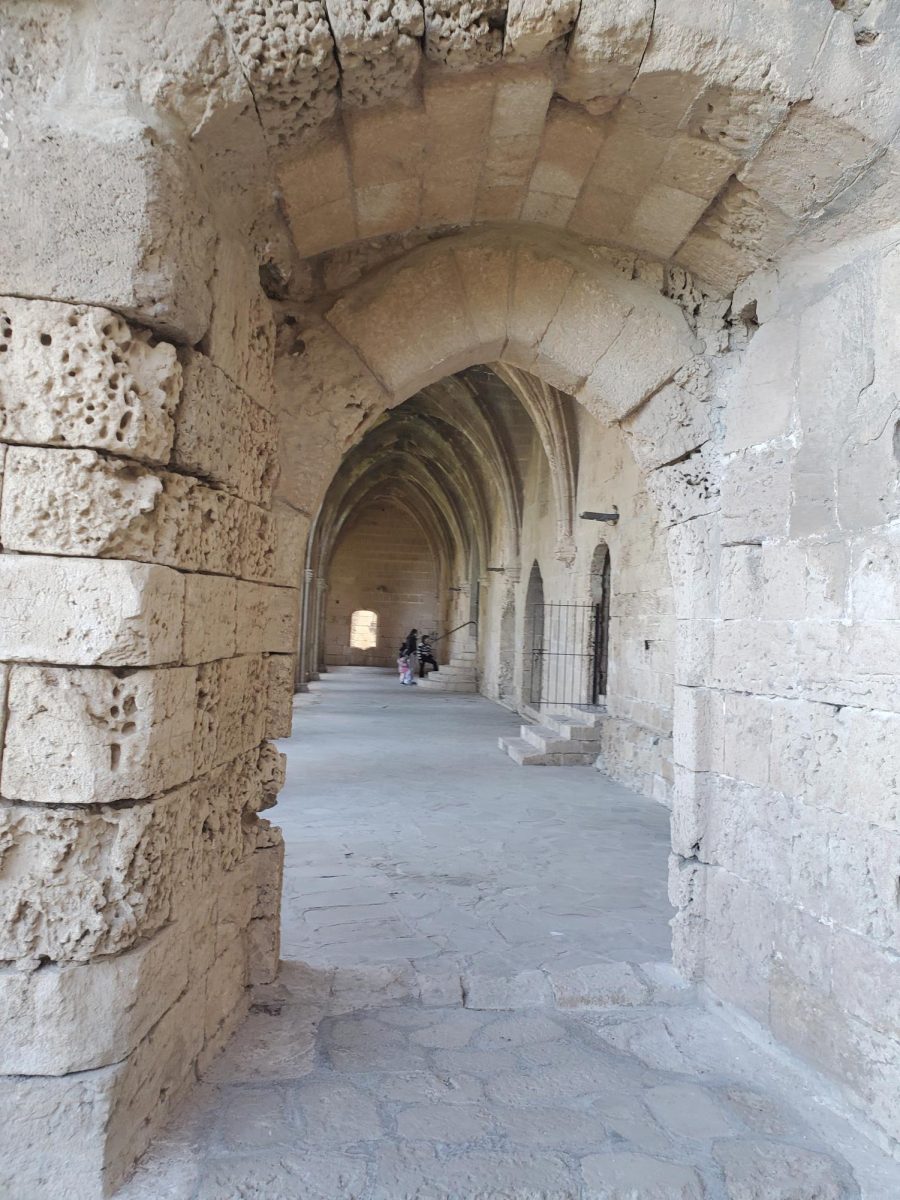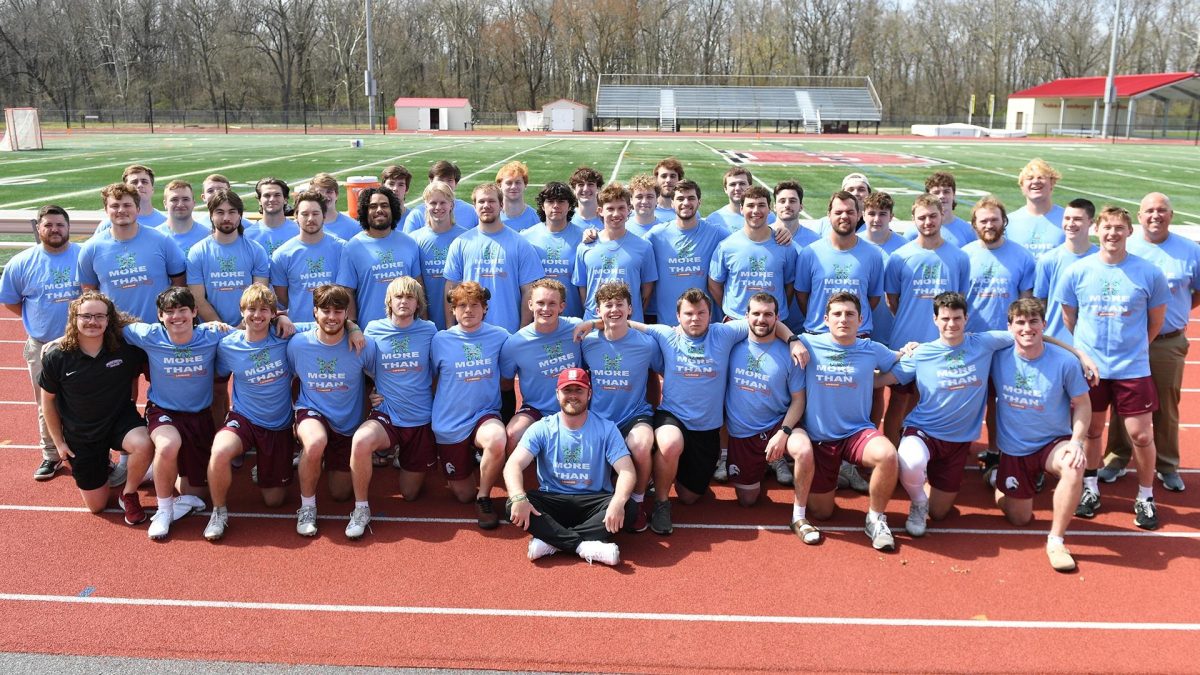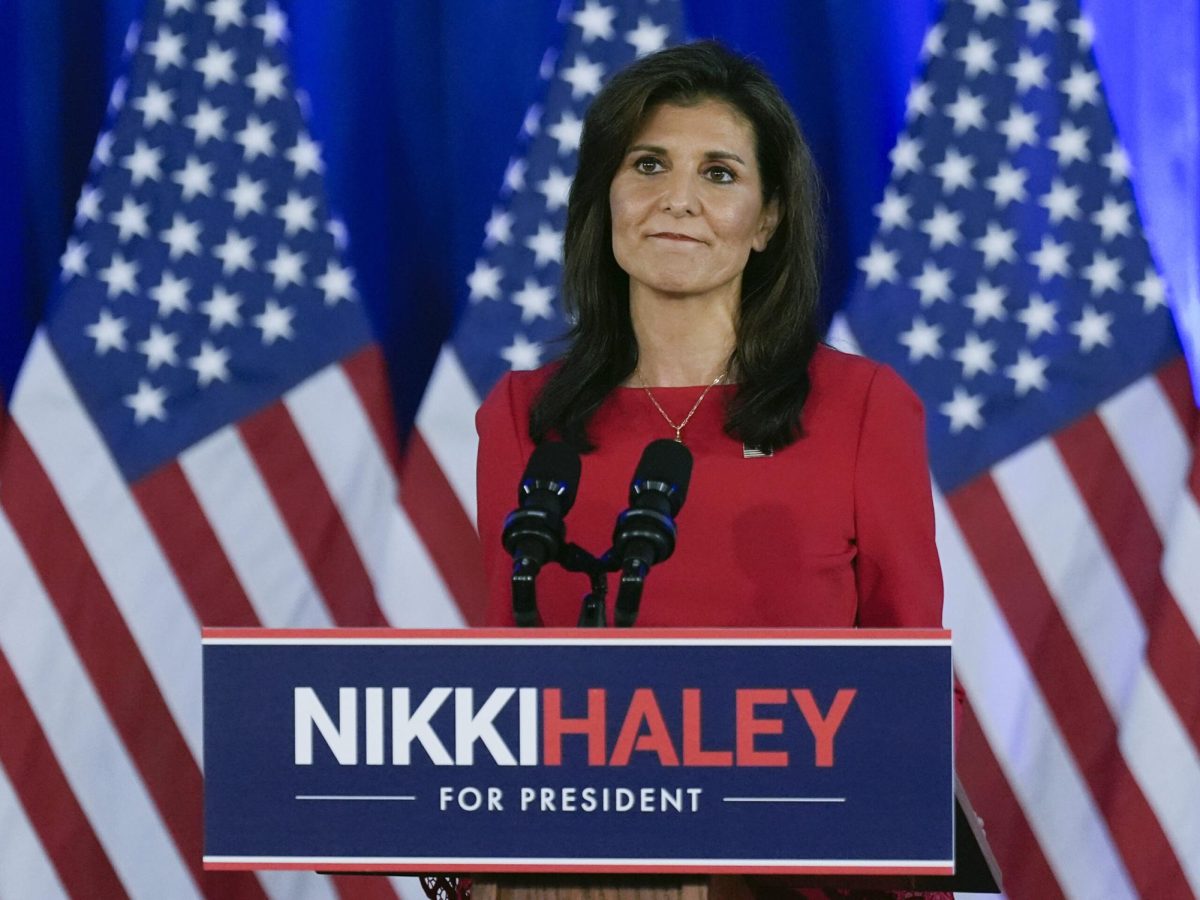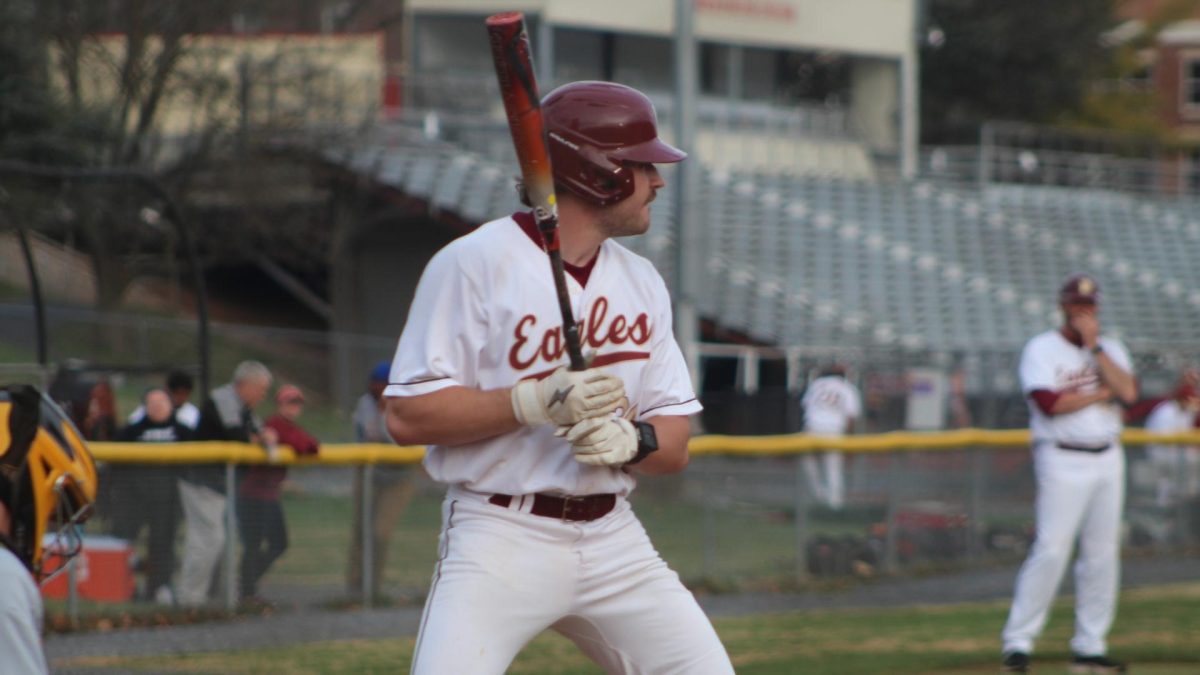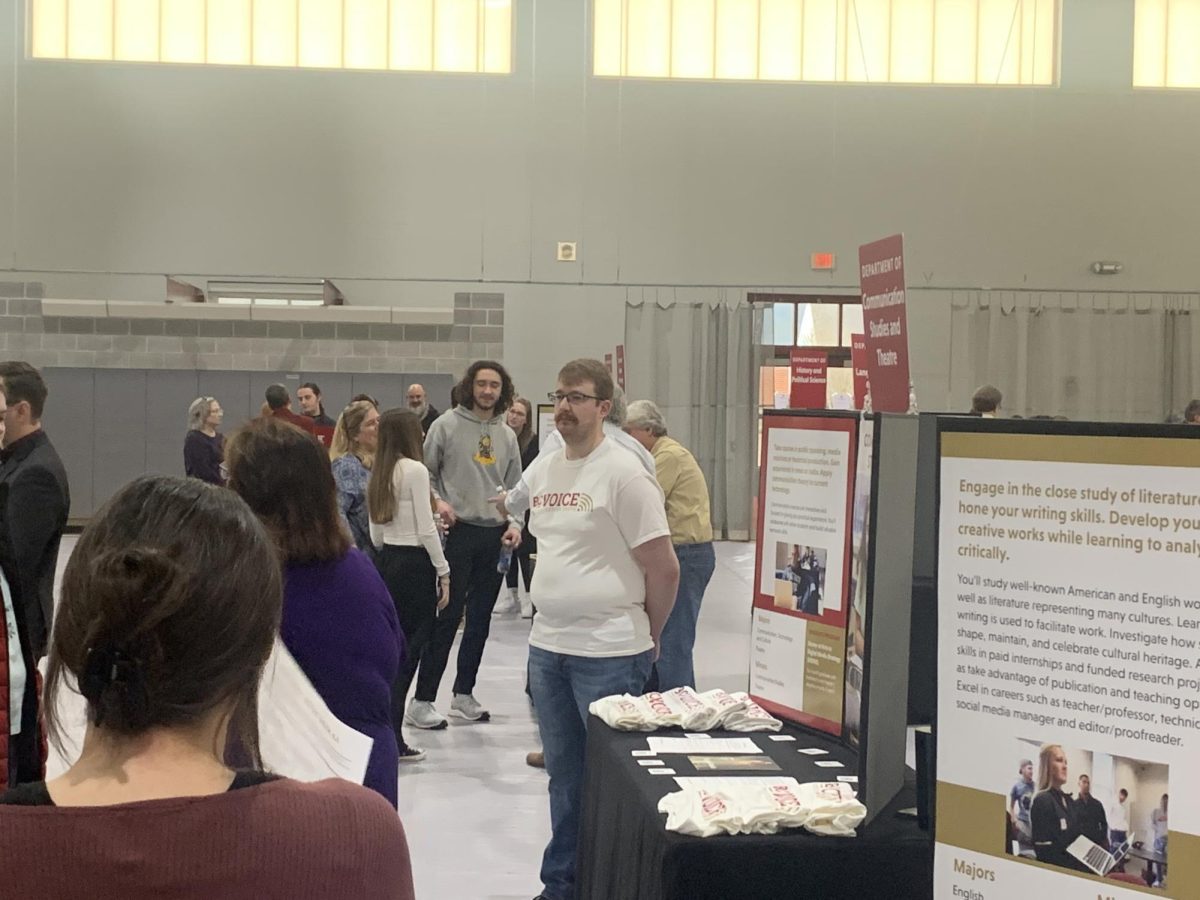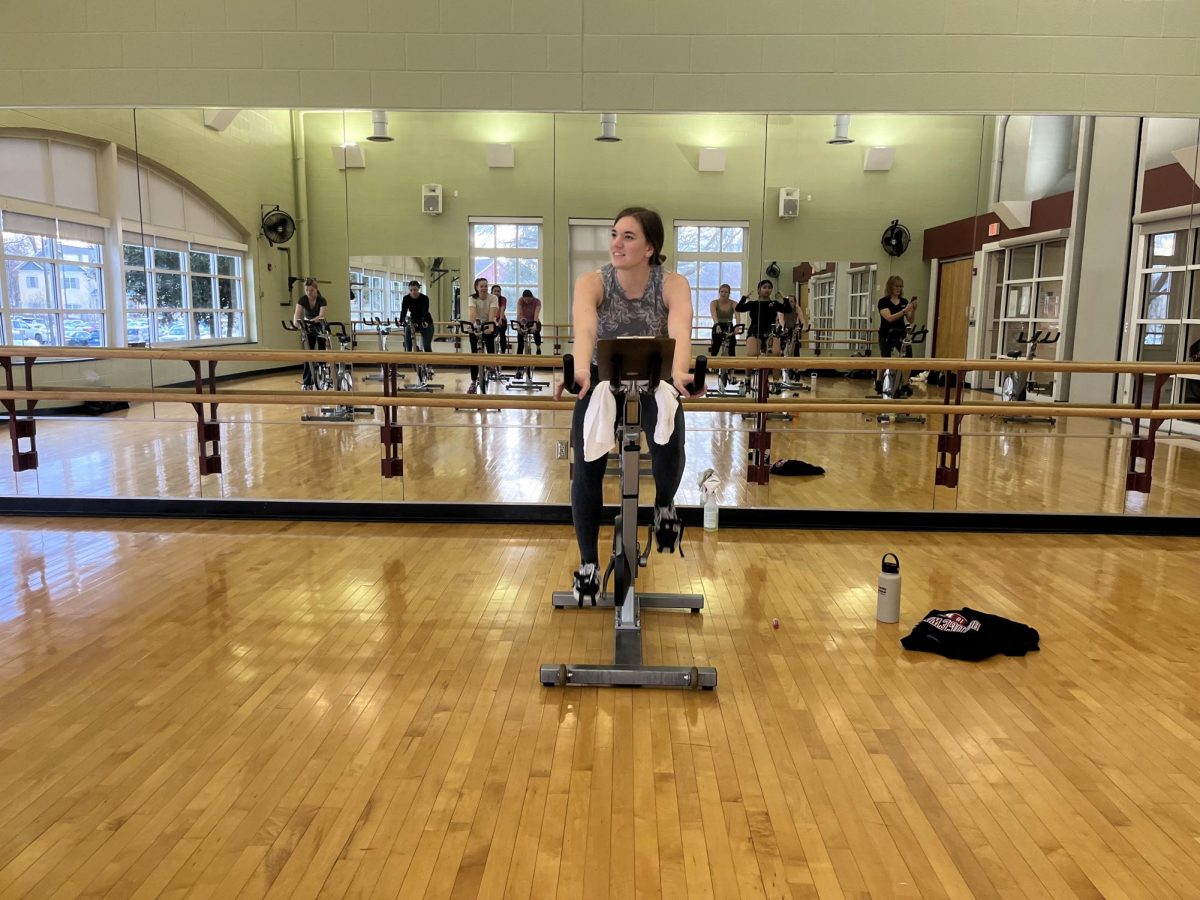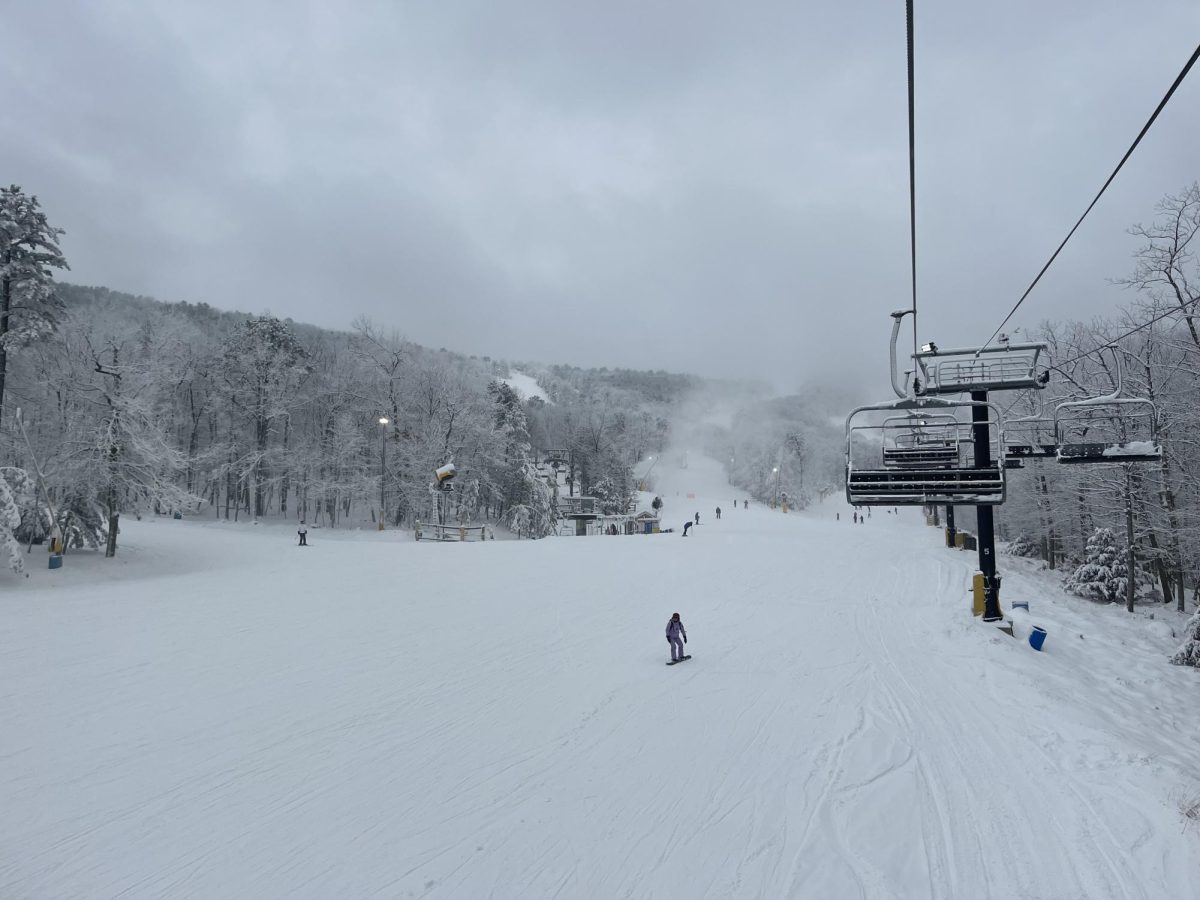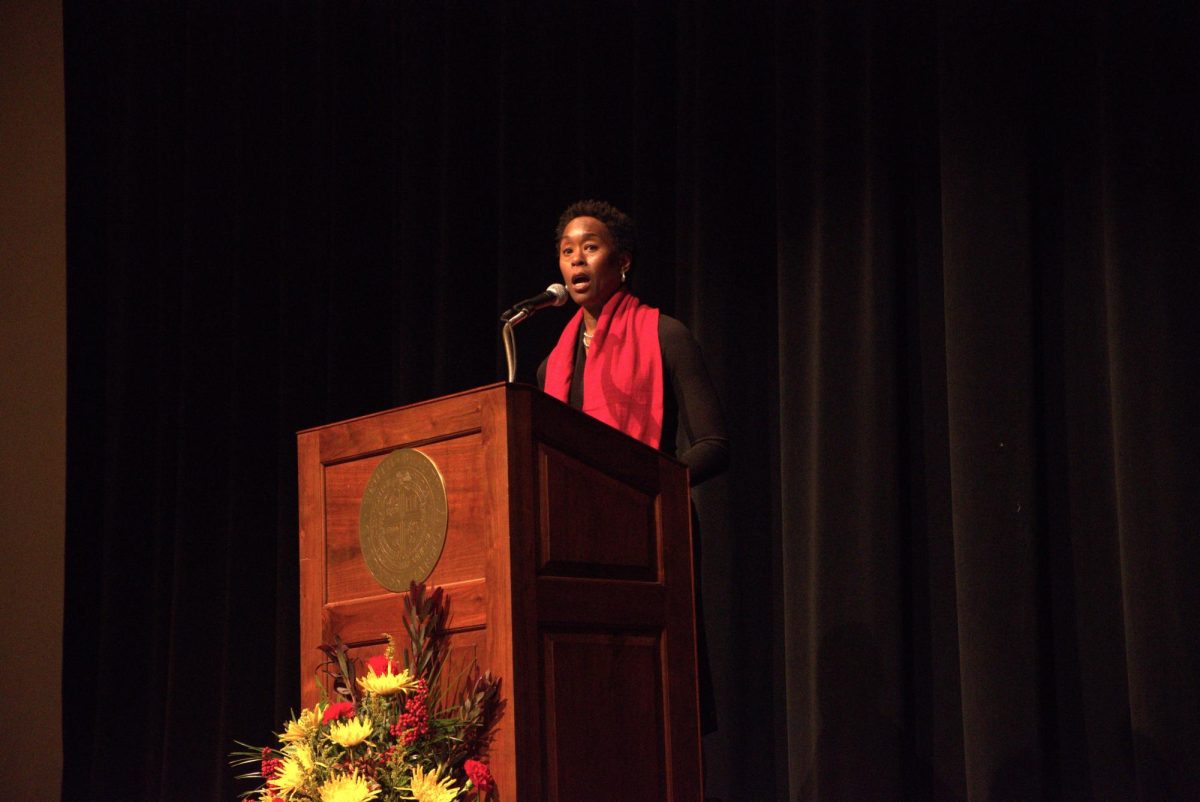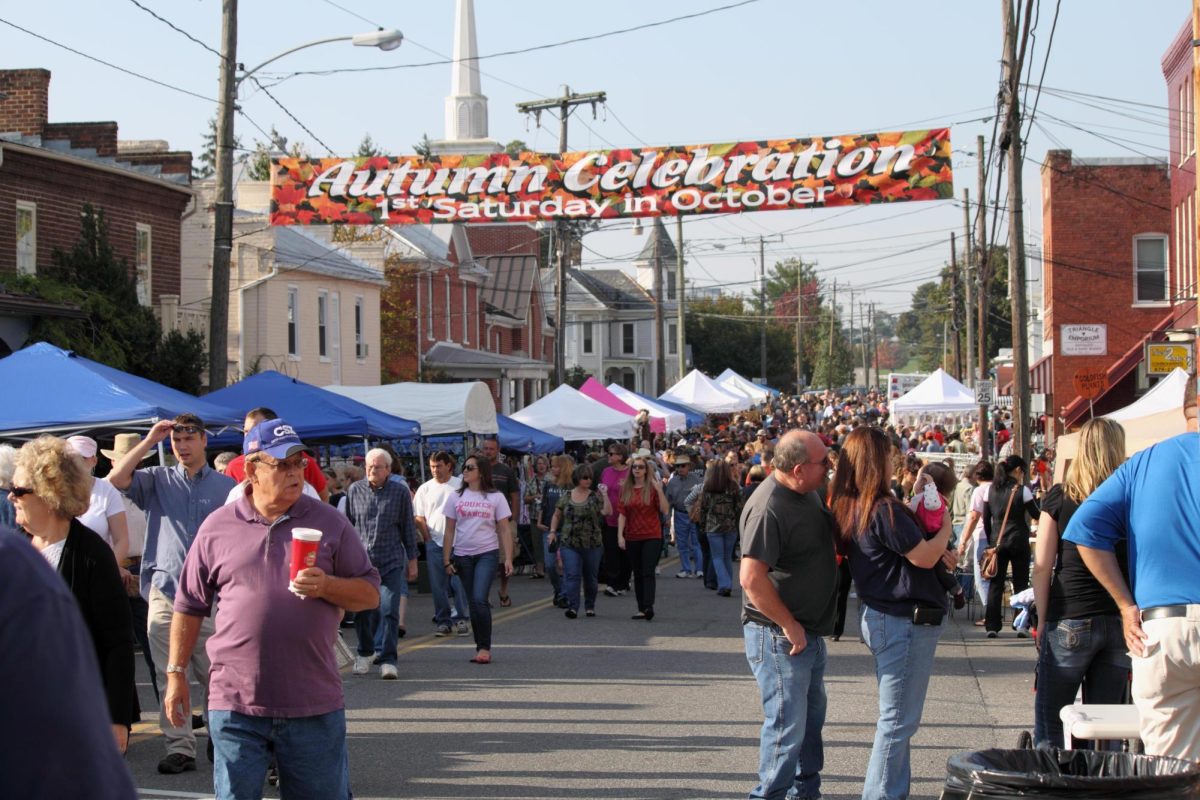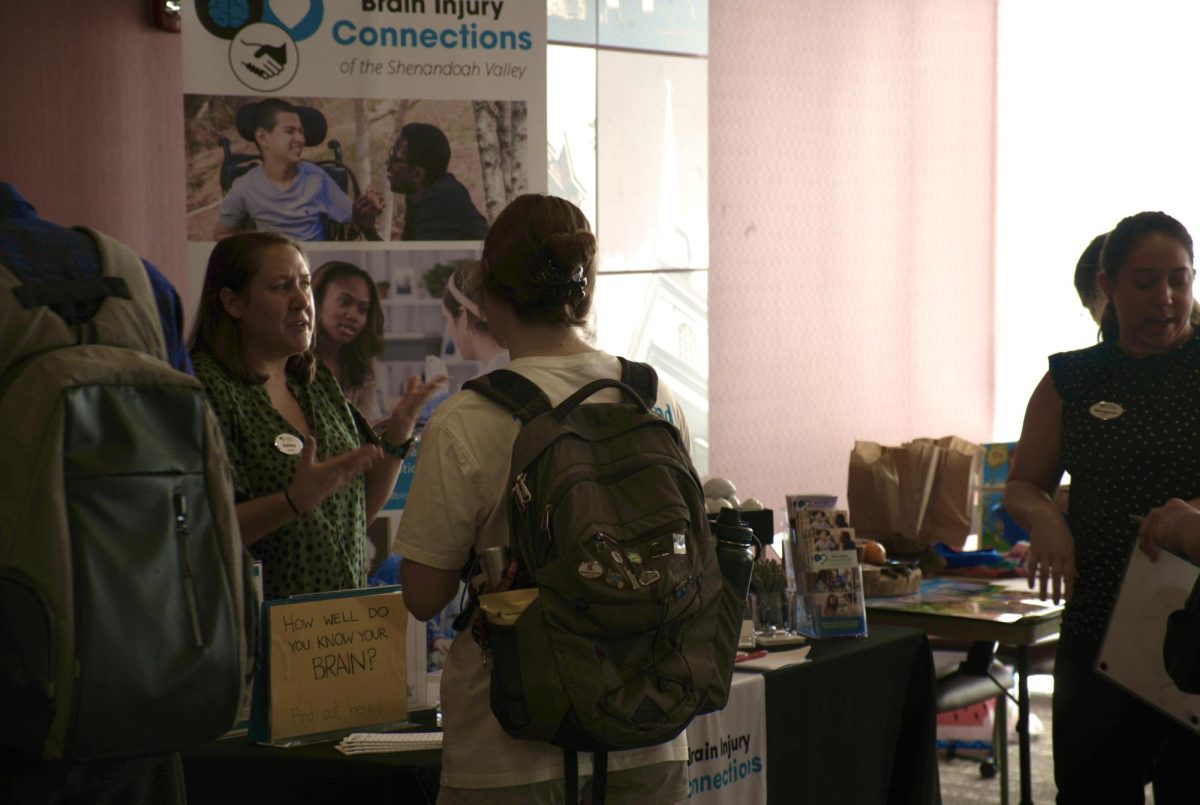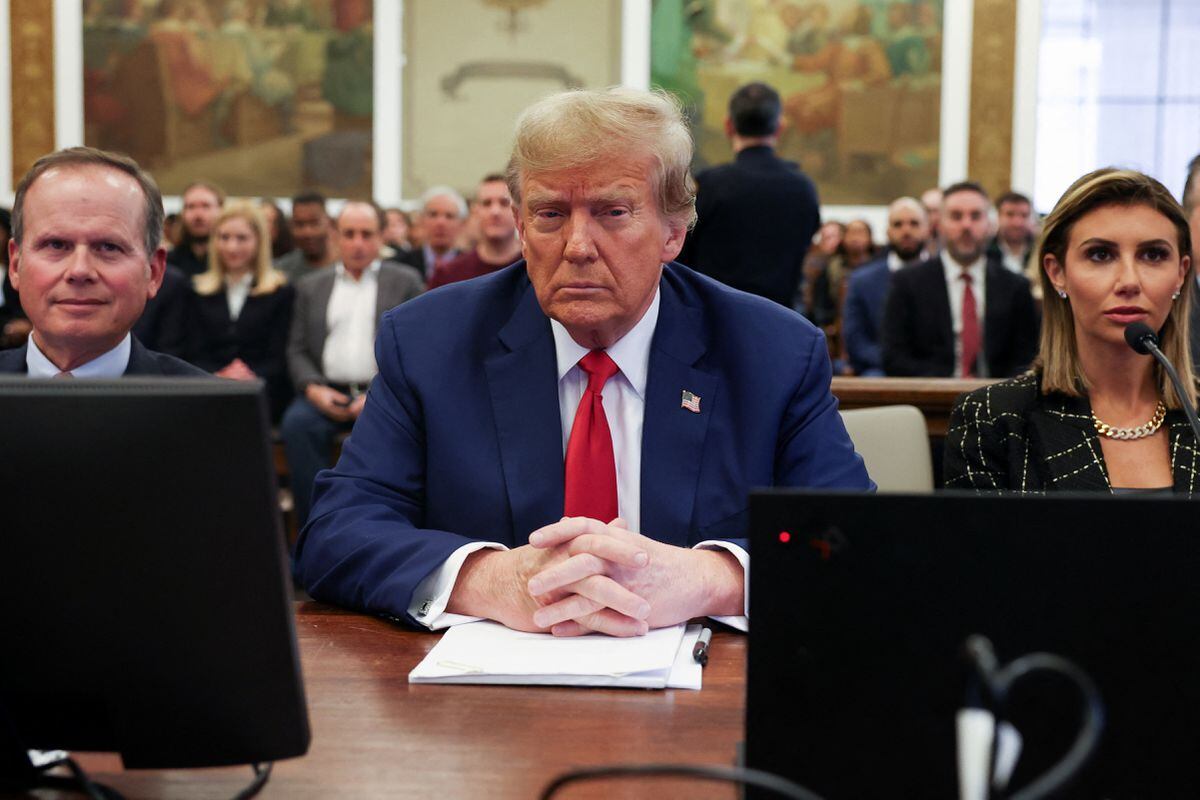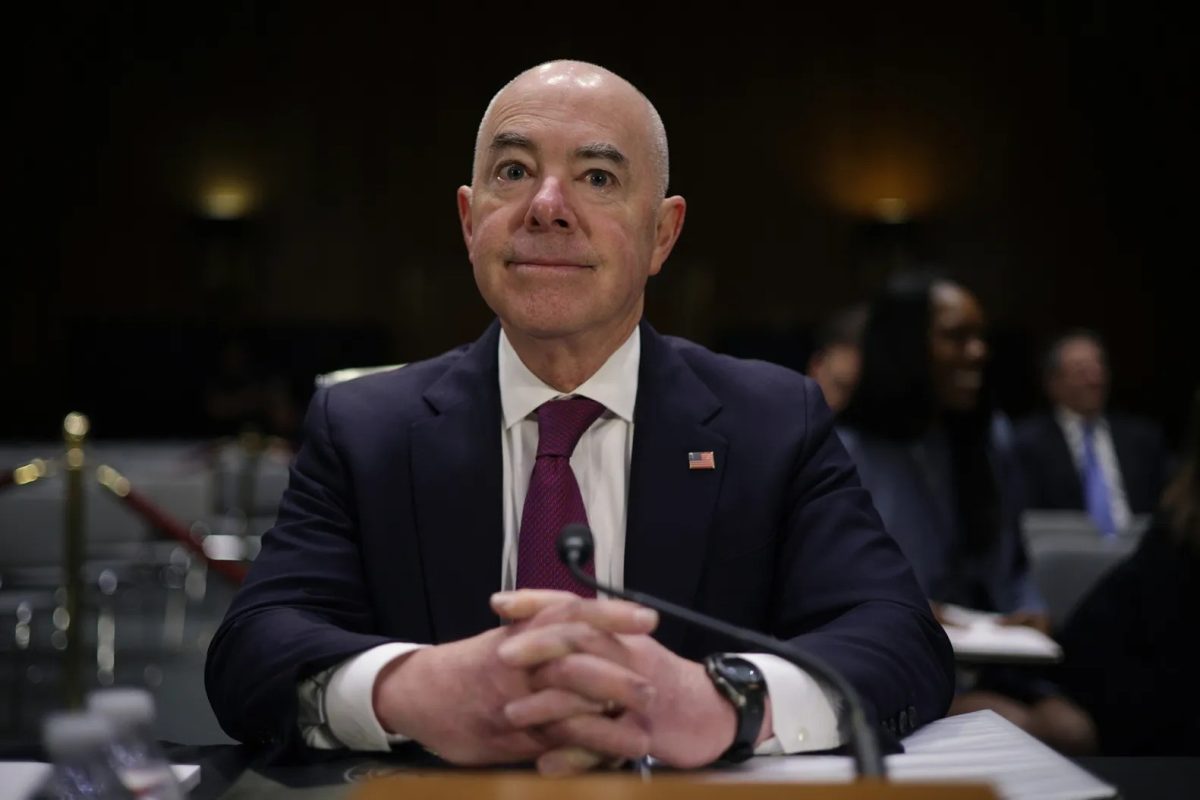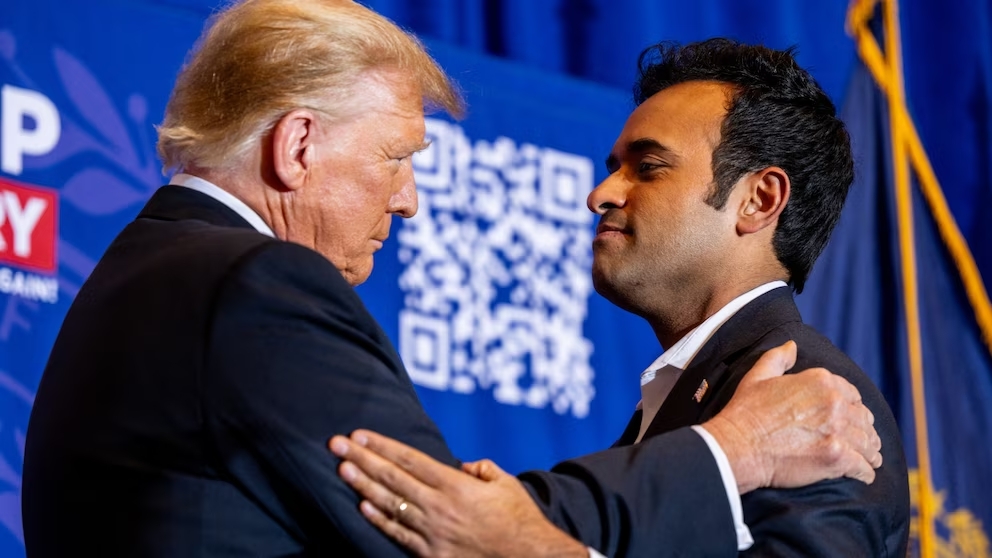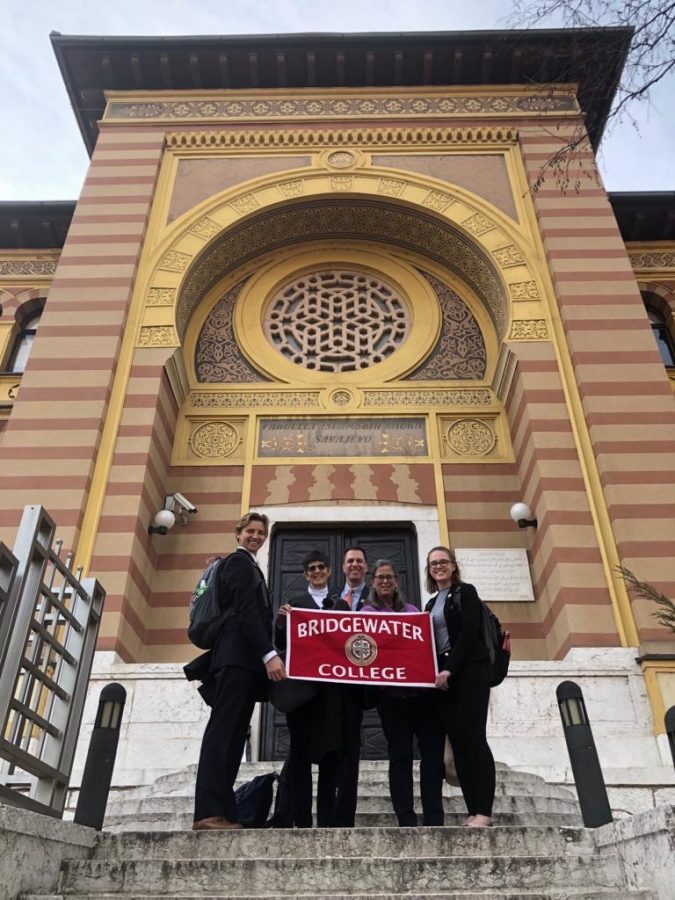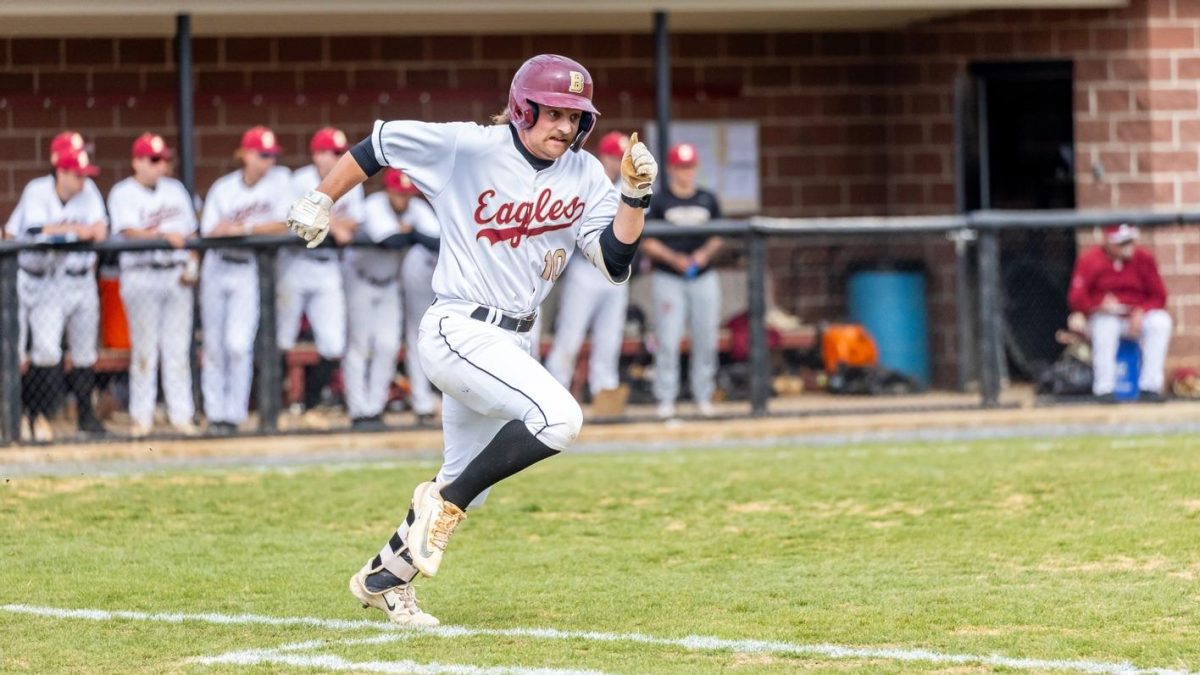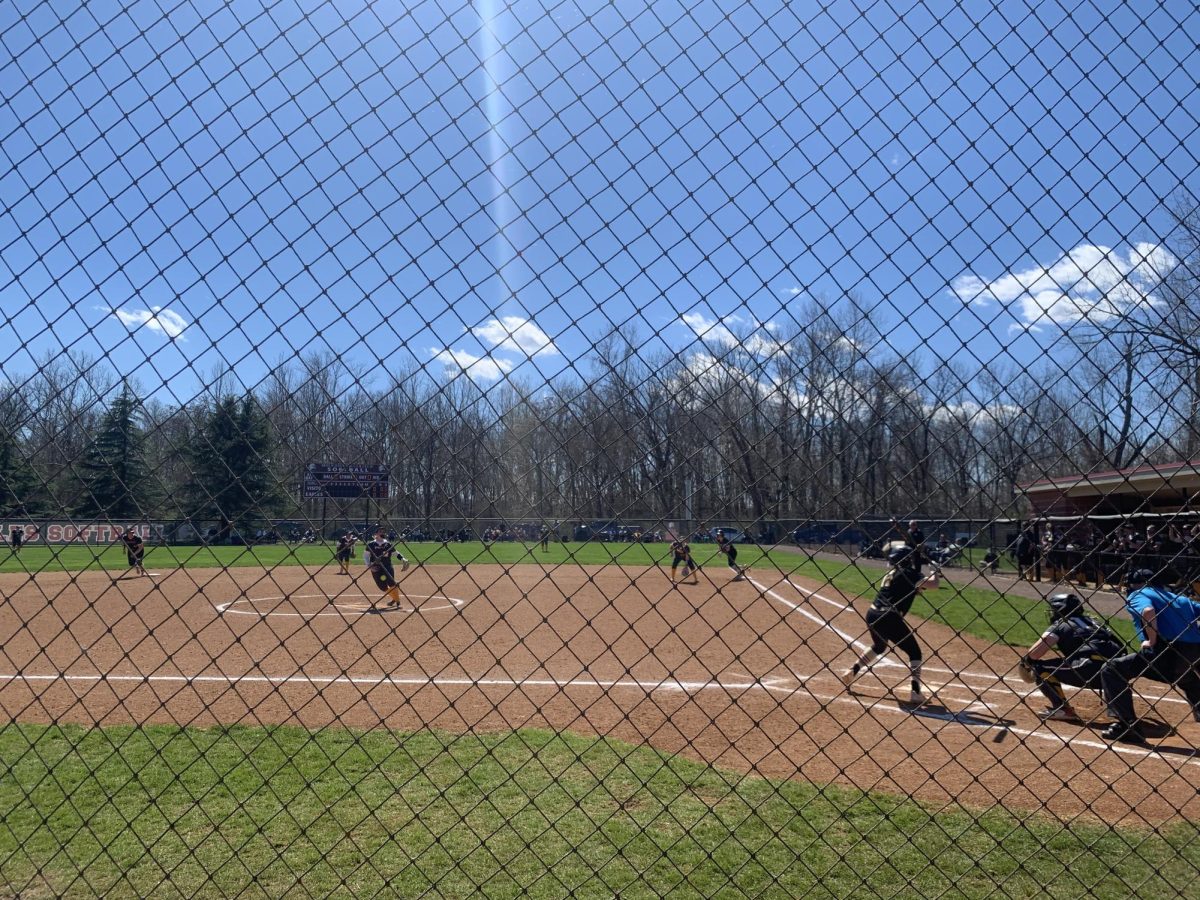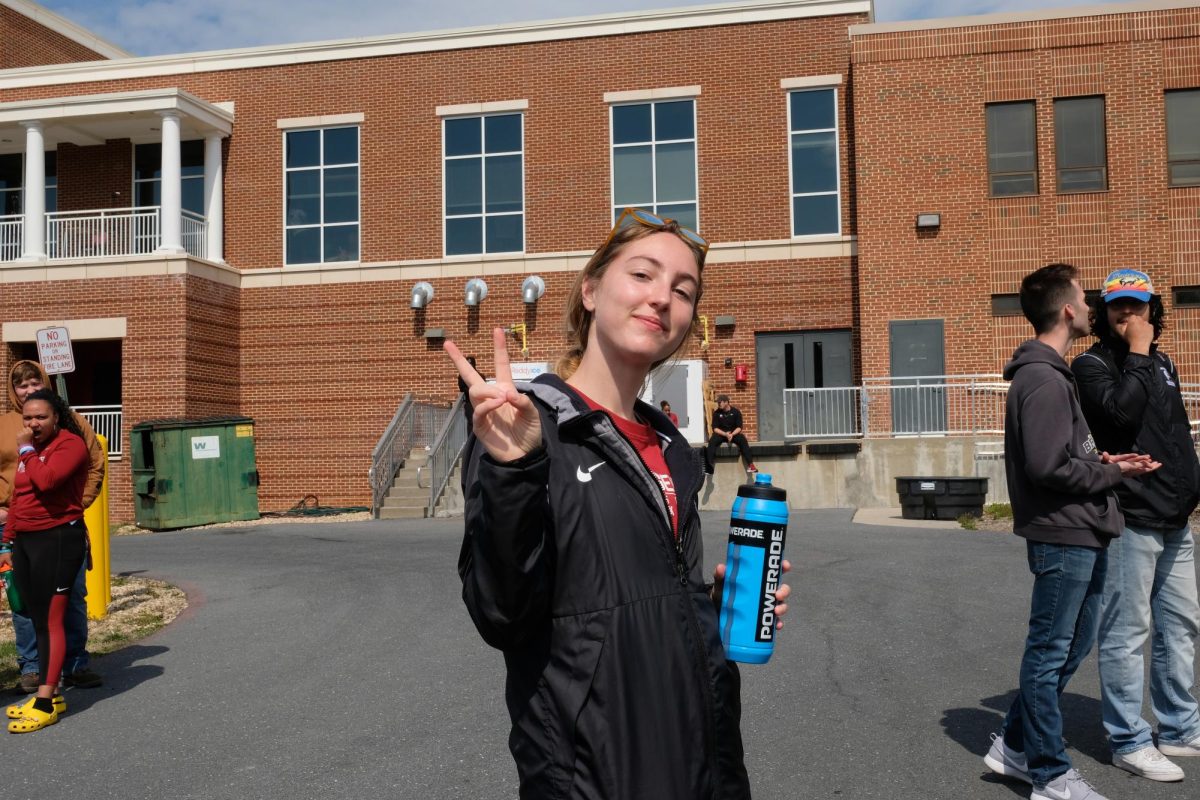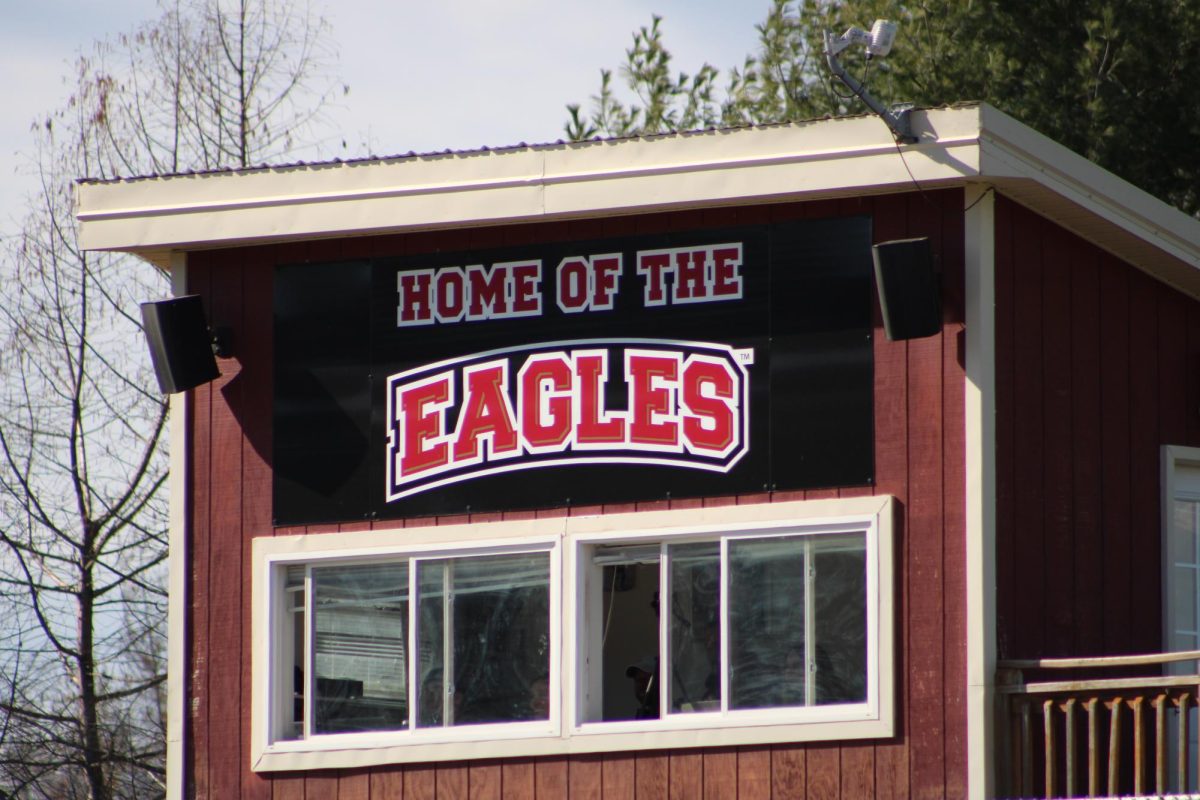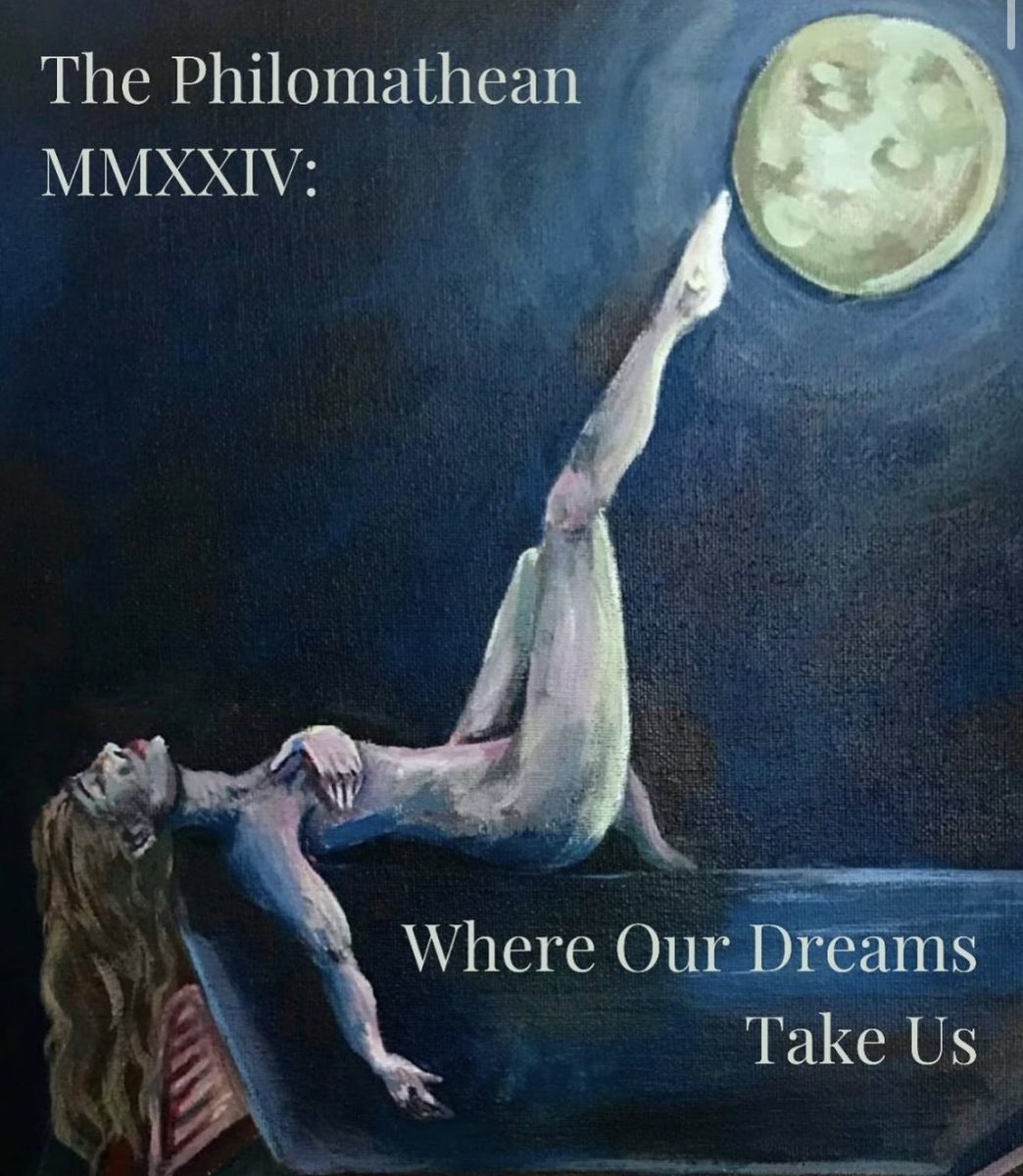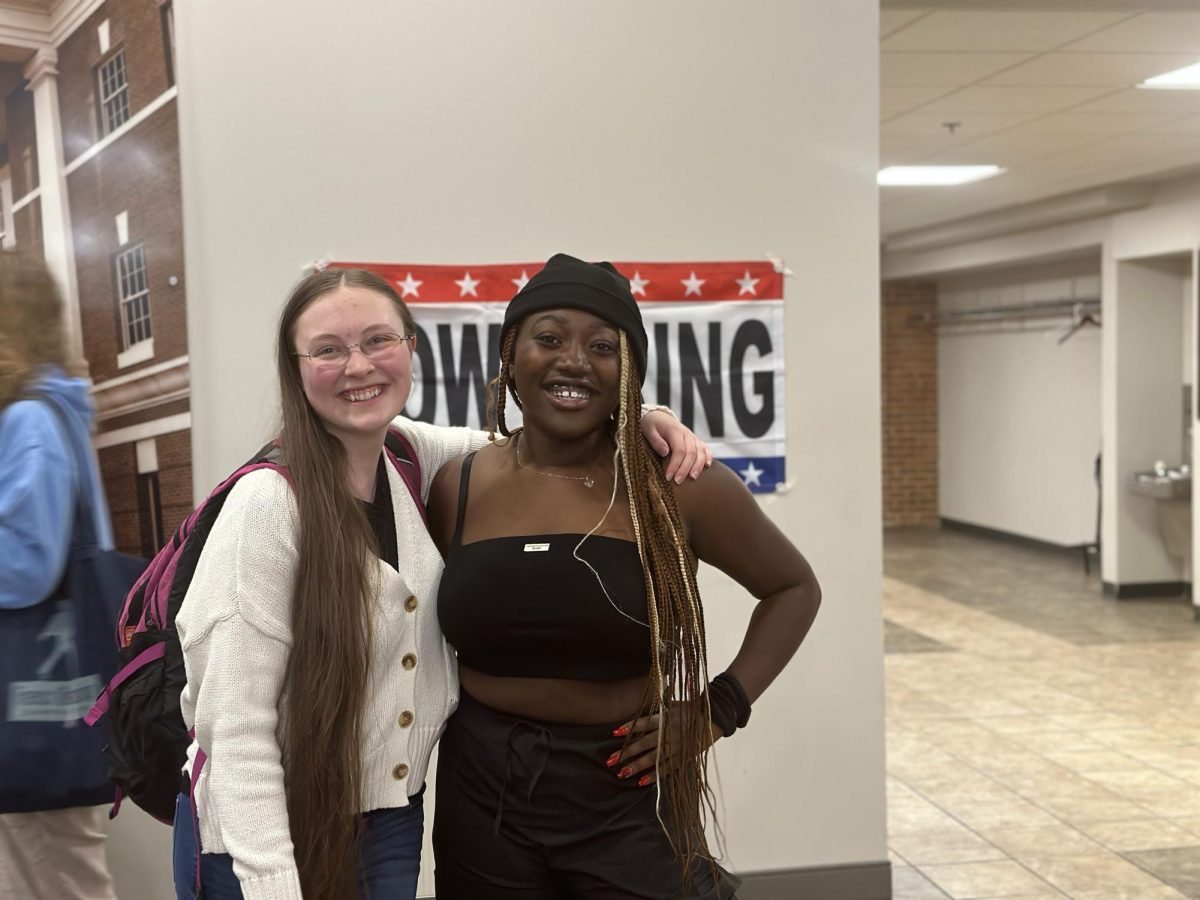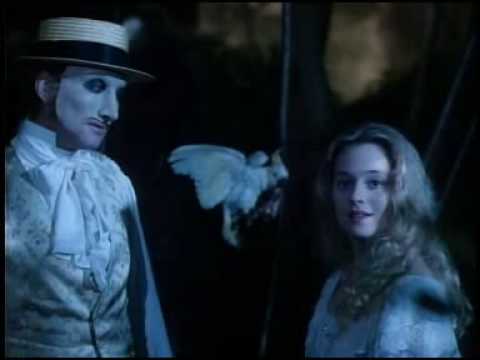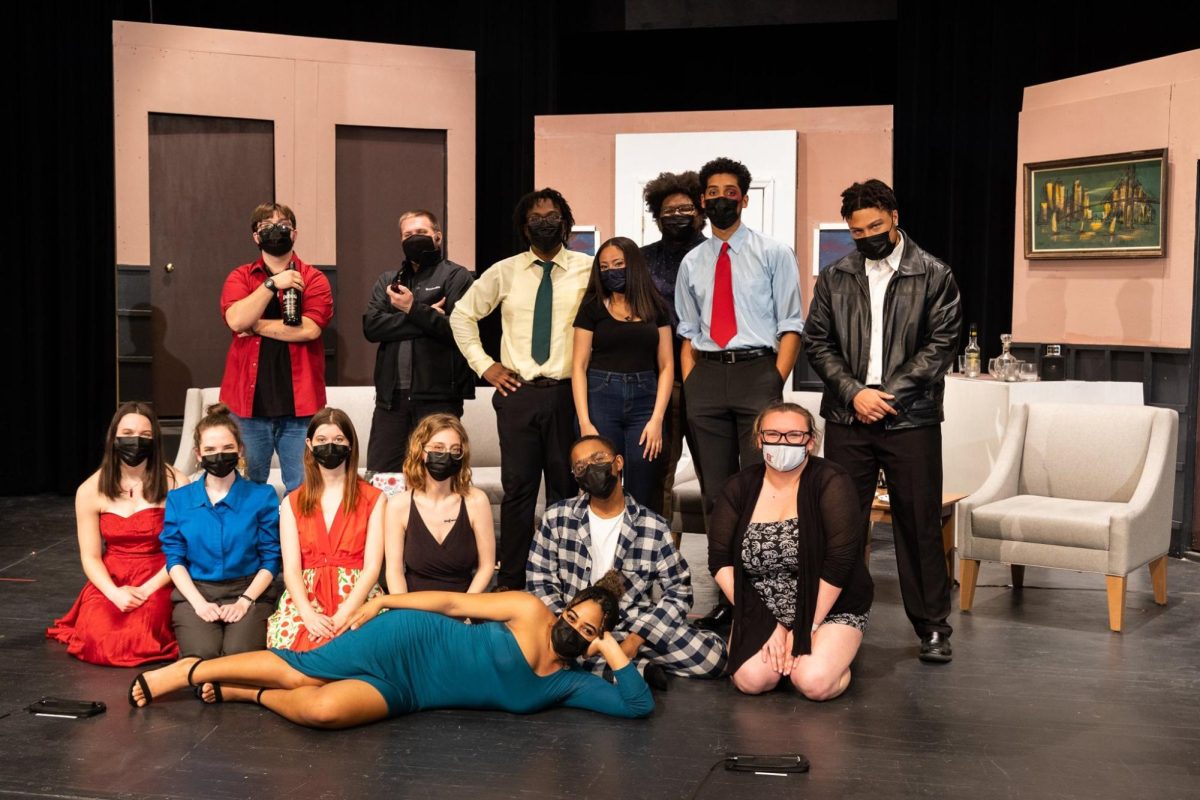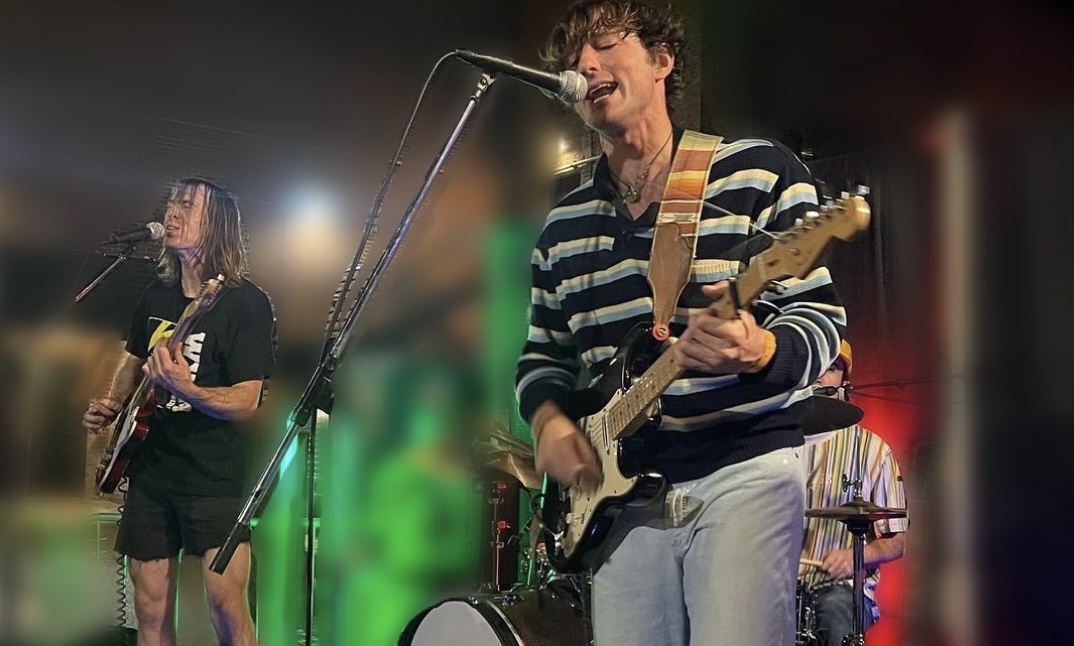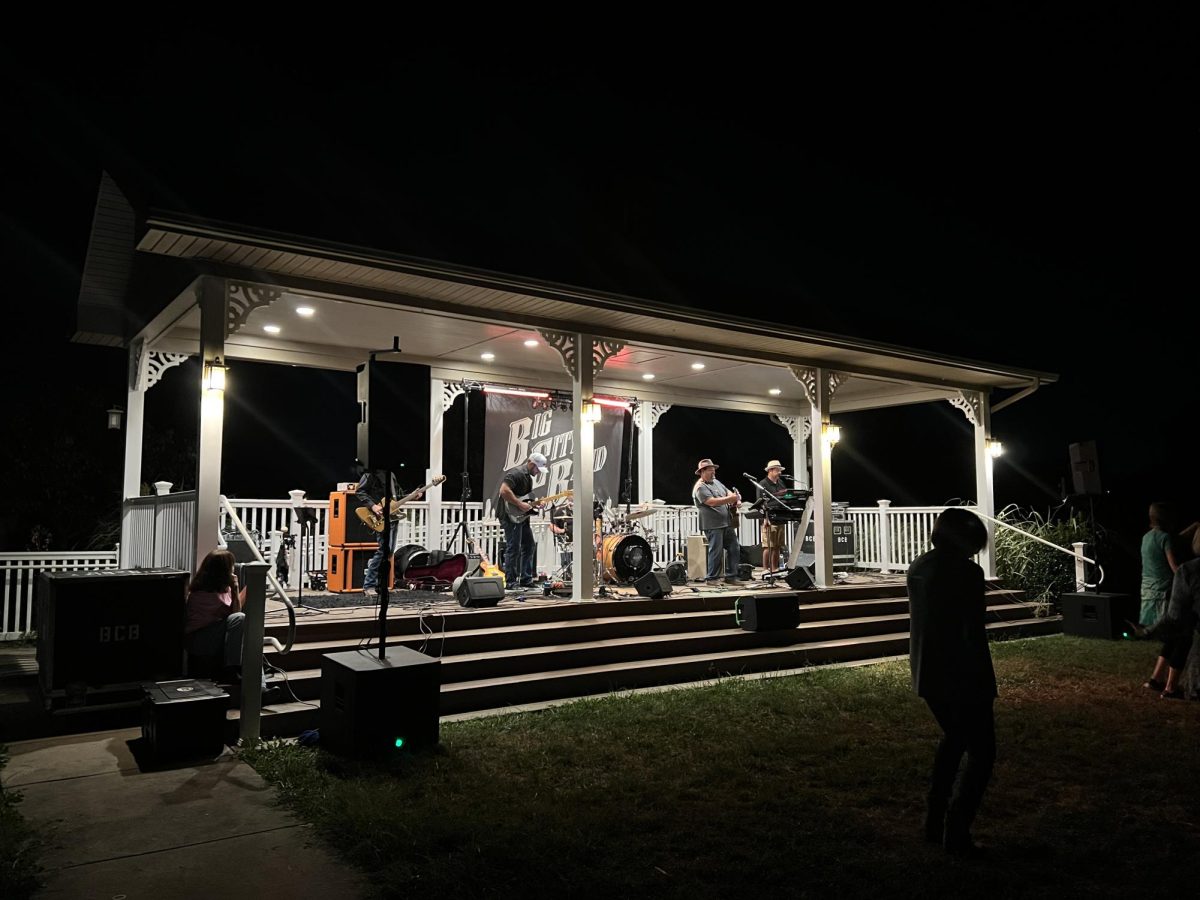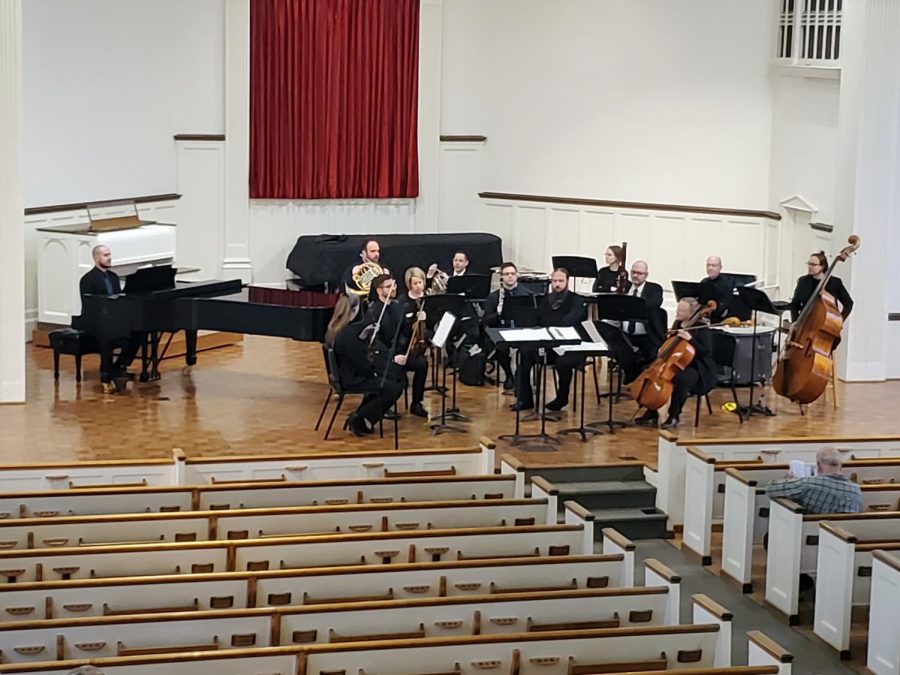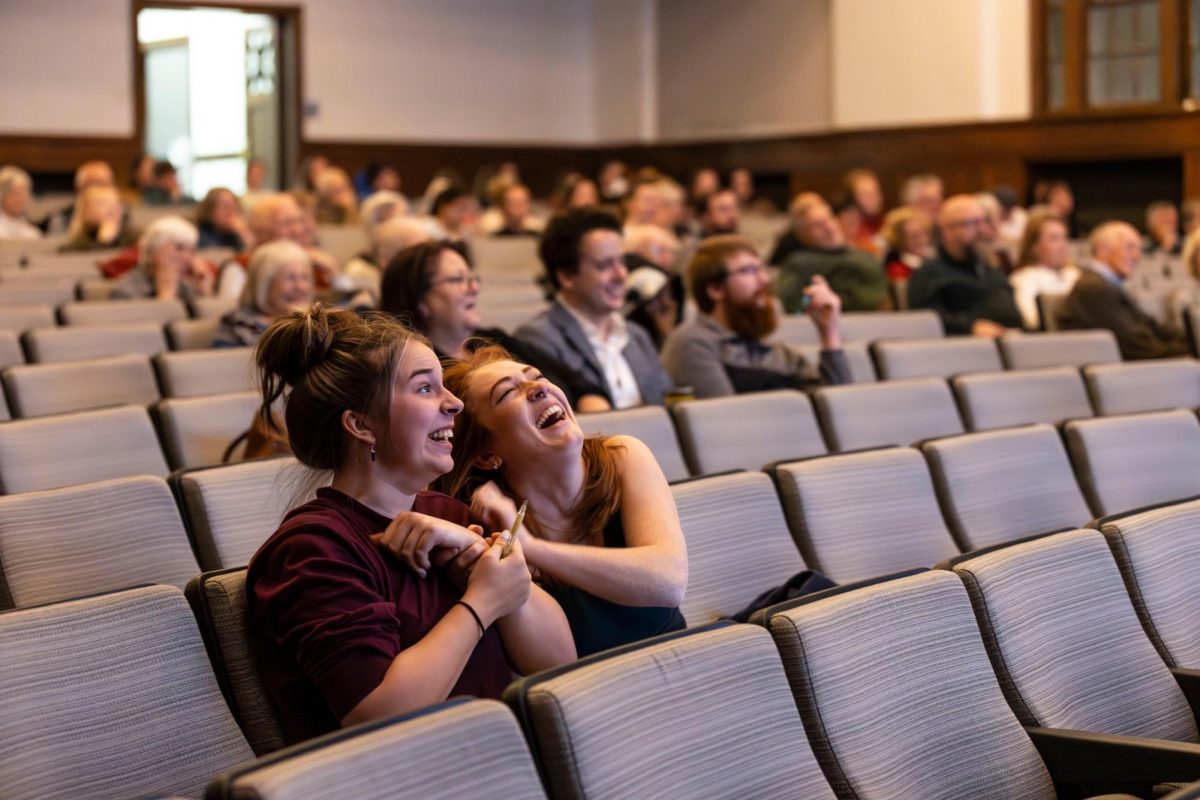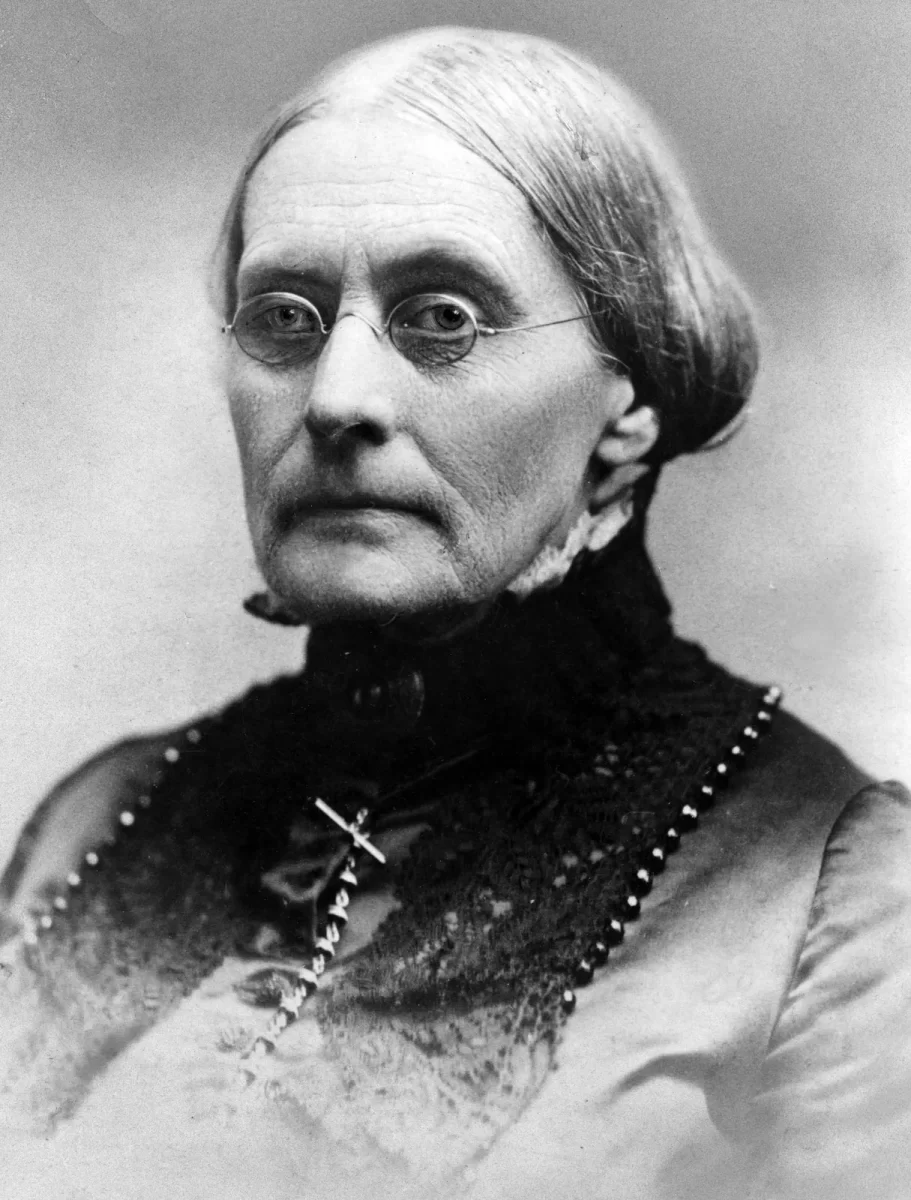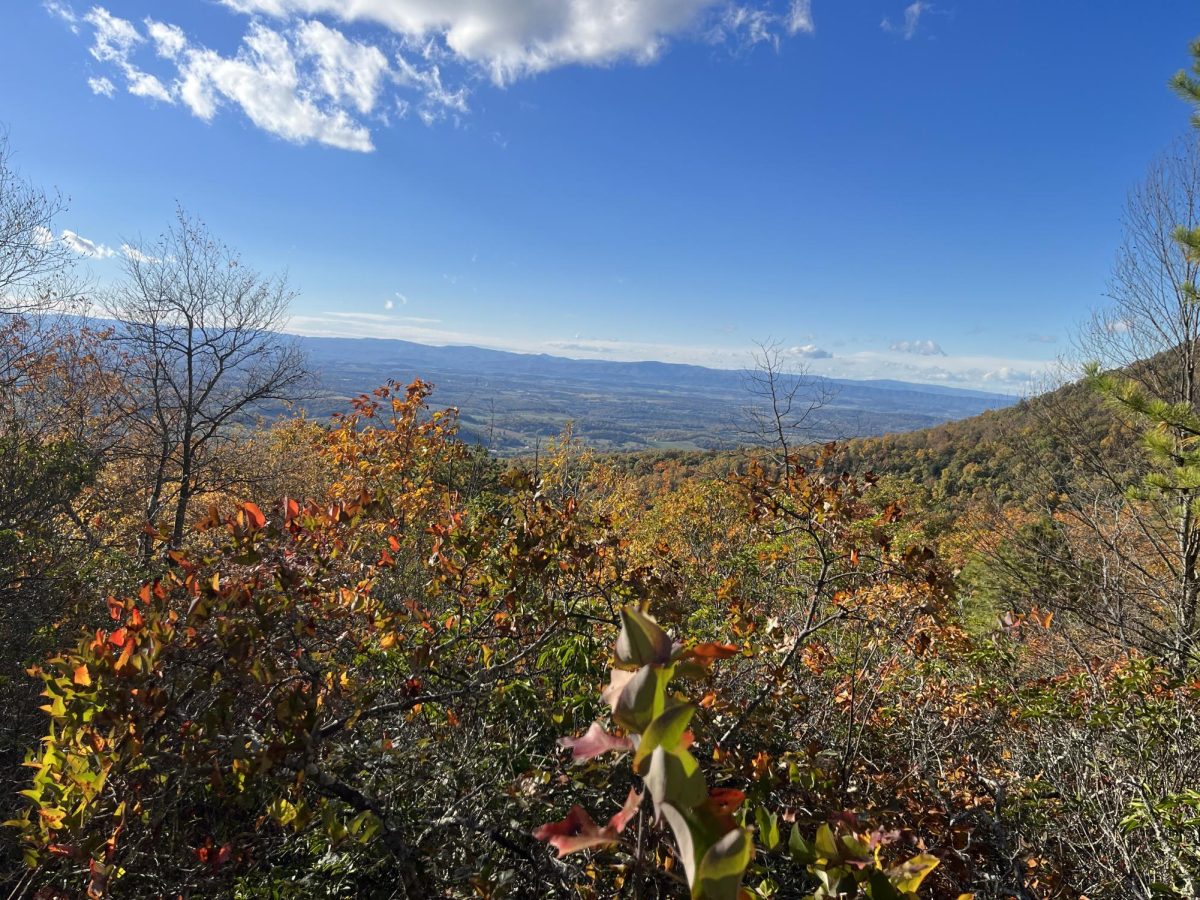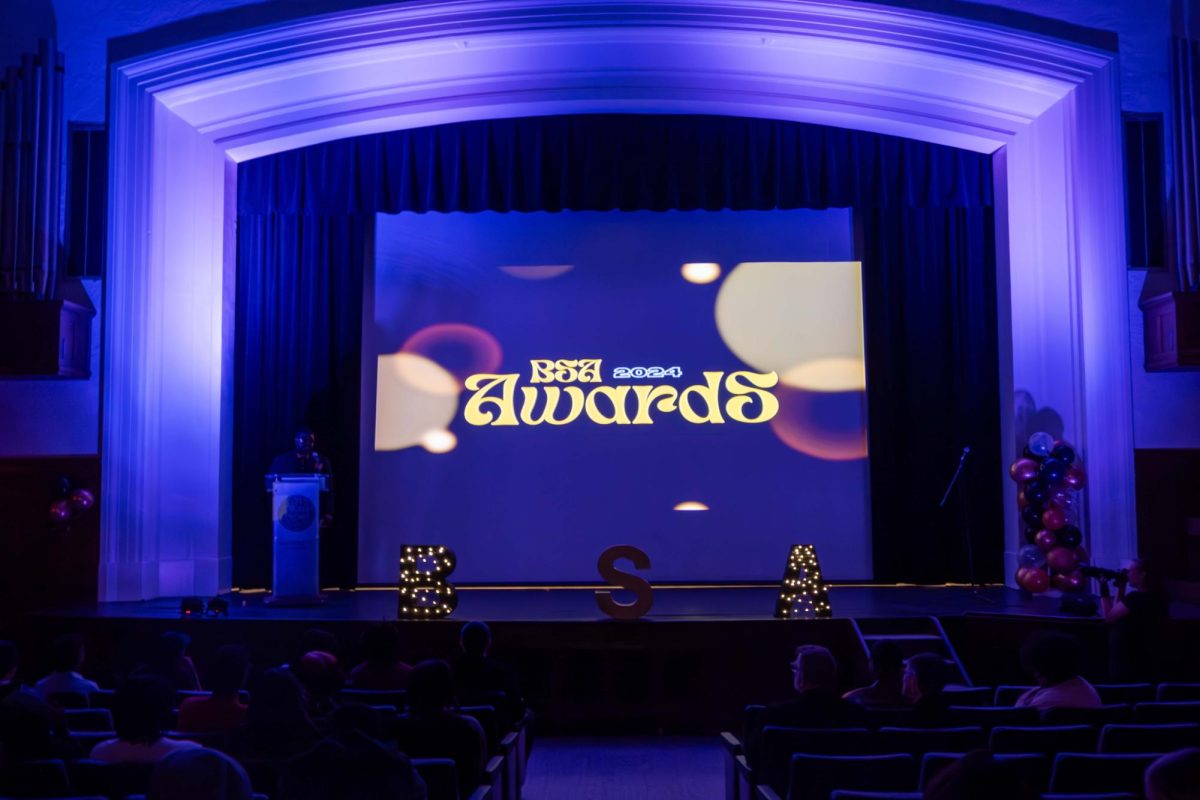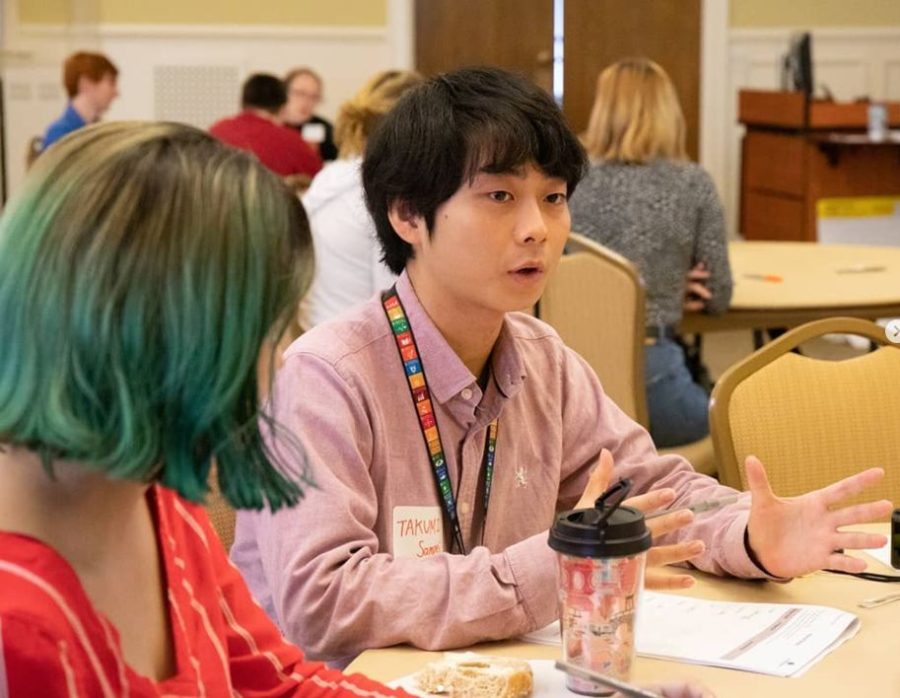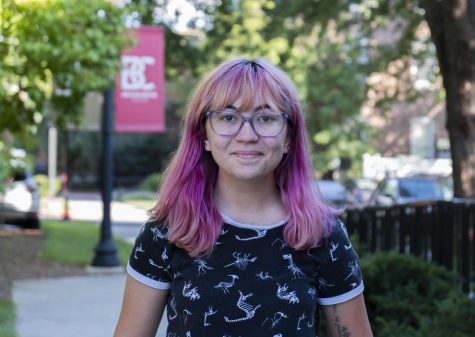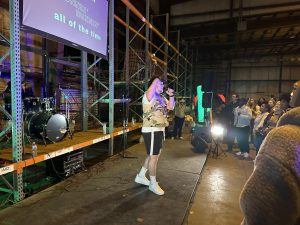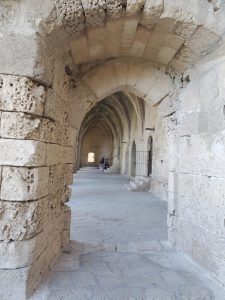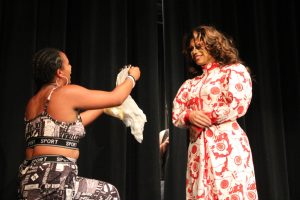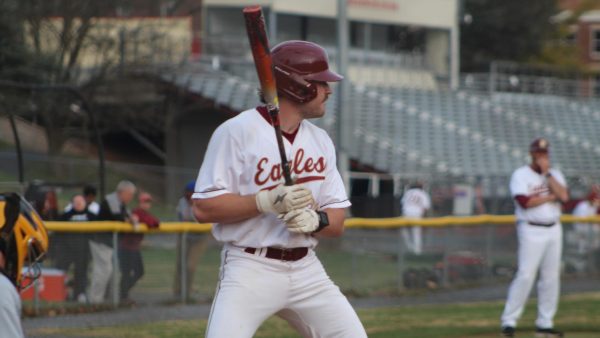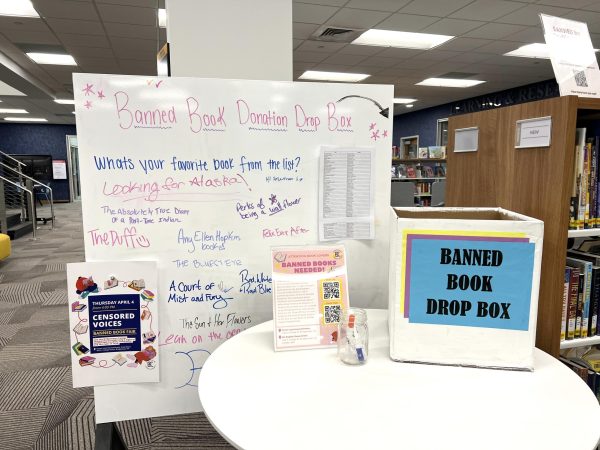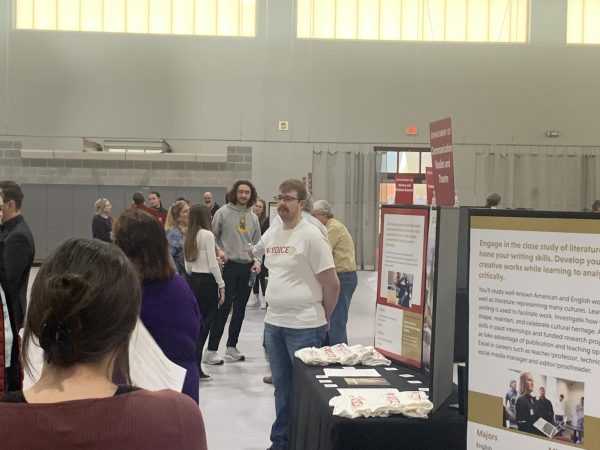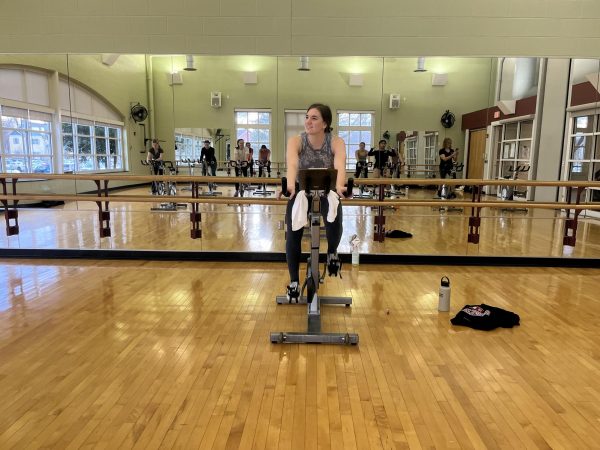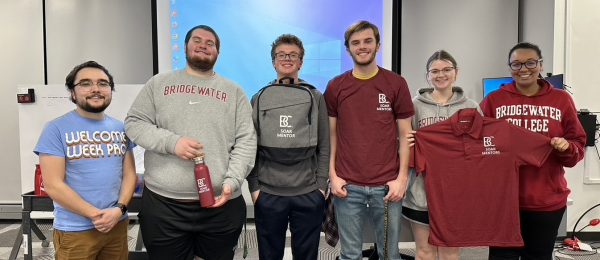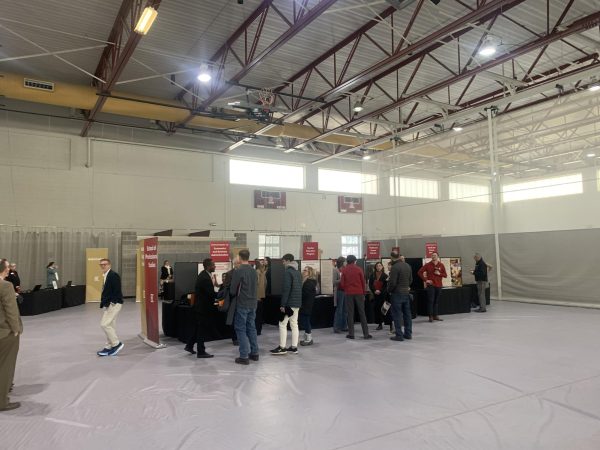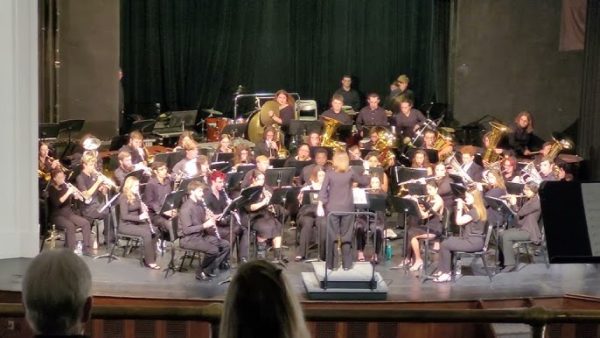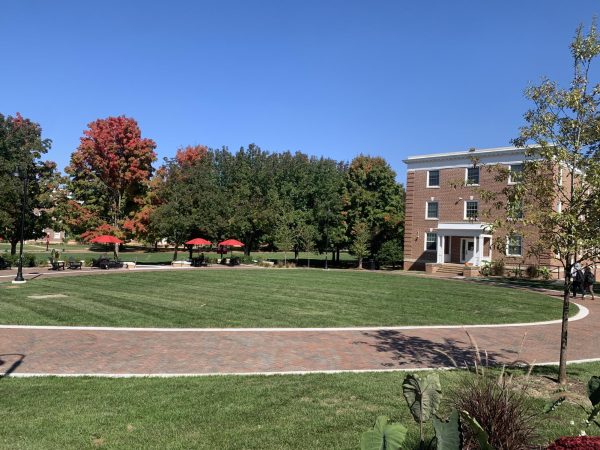What Happened to the Dialogue Club?
Students participating in a conflict resolution workshop in Sept. 2019 that was led by the Sustained Dialogue Institute. Students practiced listening and speaking skills to strengthen relationships and bridge divides.
February 22, 2022
Bridgewater, Va.-Bridgewater’s Dialogue Club was active for seven years but has been defunct since 2019, largely due to the pandemic and lack of membership, despite their responsibilities of hosting structured dialogue events on campus and with FILA-150 classes.
Dialogue Club began as a way to help students facilitate difficult discussions. Students who were members of the club received training from a group called Essential Partners on ways to facilitate these discussions, including a technique referred to as Reflective Structured Dialogue.
“It really did create spaces where people felt safe both sharing their own ideas and listening to the perspectives that other people had,” said Associate Provost Jamie Frueh, who was one of two advisors for the club. “That was very important to helping us navigate diversity, difference of opinions, difference of perspectives, difference of experiences and that really helped create civil discourse and what we called academic citizenship.”
One of the main reasons the club is no longer active on campus is due to the pandemic, which made it difficult for students to get together. However, the club also largely fell apart due to lack of student interest, the club’s responsibilities getting absorbed by other groups and the complicated nature of the club’s responsibilities.
“When I first joined, there were four to five regular members, enough to make an executive board,” said Anh Nguyen via email. Nguyen graduated from BC in 2020 and was a member of the club’s executive board. “It shrank overtime after the leading members graduated one by one, and none of the other members had the capacity to spearhead the club with other commitments in life.”
While Nguyen was a member of the club, the college decided that other student leaders, including SOAR mentors, should receive dialogue training similar to the training given to Dialogue Club members. This eliminated some of the club’s responsibilities, including the responsibility to assist with FILA-150 dialogues.
Additionally, a “public discourse” element was added to general education requirements for students, leading to dialogue practices being incorporated into more classes.
“A ‘signature’ of Dialogue Club was the organization of dialogues around campus, but really dialogues could be held by anyone, not just the club,” said Nguyen.
The scope of the club also became difficult for members to manage. While they did receive training, members were expected to handle dialogues focused on a wide range of difficult topics.
“This kind of space is very hard to manage for us who only got a few days of training, and racial topics are very difficult,” said Nguyen. “These student-held dialogues often went off track to become a different kind of conversation.”
Despite the fact that the club has been defunct for around three years, there is still the possibility of the club returning to campus. Interested students would simply have to go through the same process as starting any other student-led organization with Student Life.
“I’m saying two or three really committed students who are like, ‘Yes. This is where I want to invest my engagement energies,’” said Frueh. “If we found that, I’m confident that we could find the kind of administrative support, either amongst a faculty sponsor or maybe in the Student Life staff.”
Bringing Dialogue Club back does not mean the same exact club would return; both Frueh and Nguyen acknowledged the club would likely look different today.
“The club, if reborn, would take whichever form students want it to be,” said Nguyen. “But if the college wants to use the club as the main channel to promote dialogical values on campus, the college would need to invest in making the club financially and administratively much stronger.”

